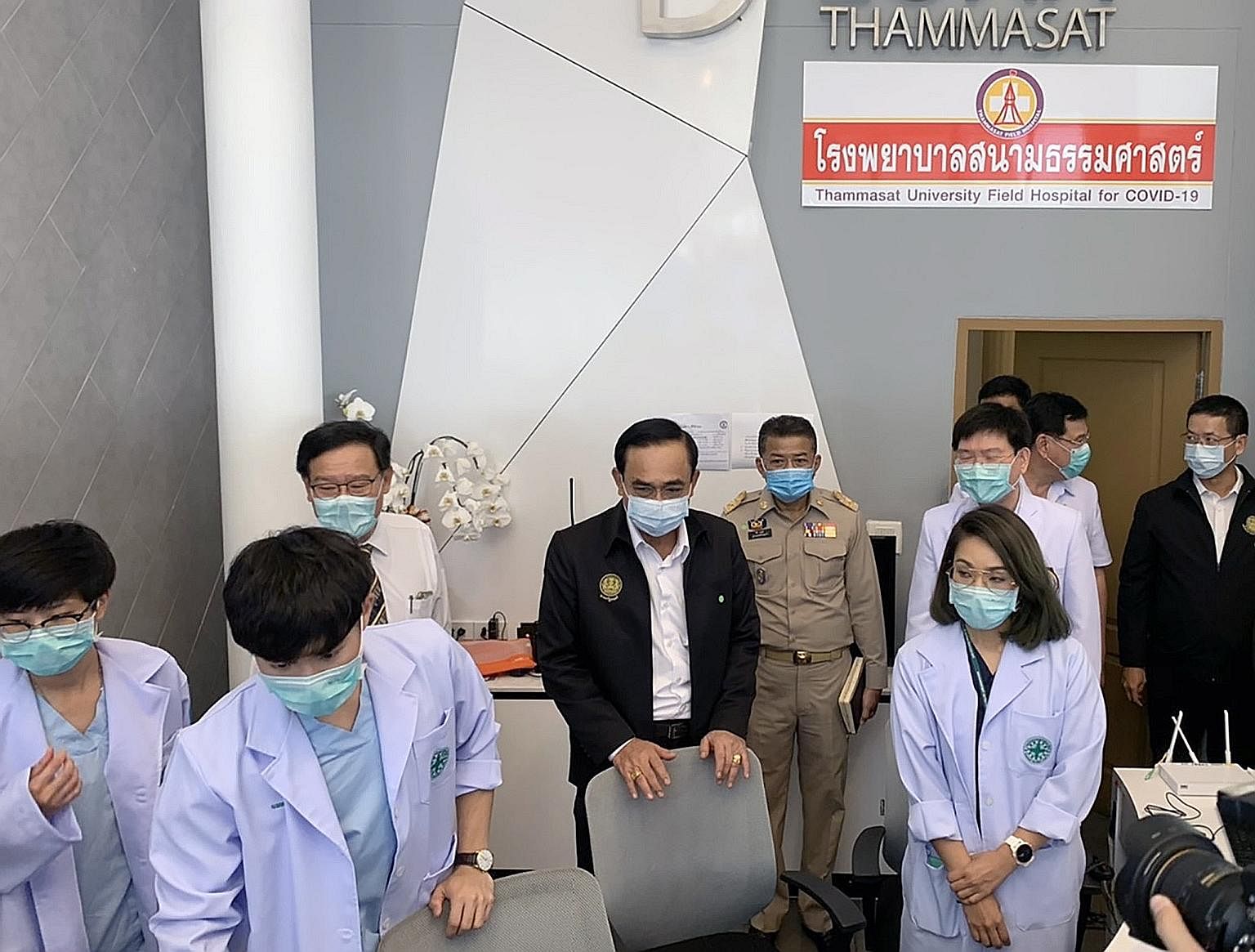Speculation is rife about who among Thailand's billionaires will be called up by Prime Minister Prayut Chan-o-cha after he said he would invite the kingdom's 20 richest people to join his government in easing pandemic-induced hardship.
The abrupt conscription, first announced on television last Friday, was met with ridicule and contempt, with the government bearing the brunt of criticism.
To critics, it was an admission that the government had run out of money or ideas - or both. To analysts, it was a glaring example of the special treatment accorded to Thailand's biggest conglomerates, which are expected to weather the looming recession far better than millions of struggling small and medium-sized enterprises (SMEs).
"The biggest message he sent was that the government gives more importance to big business. That is a dangerous message because SMEs are suffering more," said Thammasat University associate professor of international business Pavida Pananond.
"It raises the issue of cronyism, of the government granting direct access to companies that already talk to the government," she said. "This is basically giving cronyism some steroids."
Even though it came from a former army chief and coup-maker, the appeal to Thailand's super rich seemed unusually blunt.
Speaking to the press yesterday, Mr Prayut denied the government was asking for money. "I know you have done many things so far, but I just want to know what else you can do. It's up to you. There's no competition, no compulsion or exchange of favours," he said. "Apart from these 20, I am willing to take advice from other people."
Thai social media erupted in outrage. If ideas were what the government wanted, people asked, why wasn't it turning to its own elected Members of Parliament?
On the medical front, Bangkok appears to be gaining control of the coronavirus outbreak. As Thailand enters its fourth week under the state of emergency, new daily infections have steadied at around 30 or fewer. But its economy is expected to shrink 6.7 per cent this year, according to the International Monetary Fund.
Inequality, a nagging issue flagged by the World Bank last month, looks set to widen, observes Dr Pananond.
The emergency decree expires on April 30. Bangkok, which was initially criticised for being too slow to close its borders, now has to figure out how to release the brakes slowly enough to dodge a second wave of infections.

Chulalongkorn University political scientist Pitch Pongsawat said the coalition government will lose legitimacy if it chooses to extend the state of emergency. "Prayut needs a consensus with big business," he said. "He really needs to seek their approval for his next measures."
Thailand's tycoons - like the Chearavanont brothers behind the Charoen Pokphand group and who top the Forbes country wealth charts with US$27.3 billion (S$39 billion) - have a longstanding symbiotic relationship with the ruling establishment.
Mr Prayut's unusual roll call could prove his government's undoing in the future if the tycoons feel they have been cornered into making too many concessions, say analysts.

